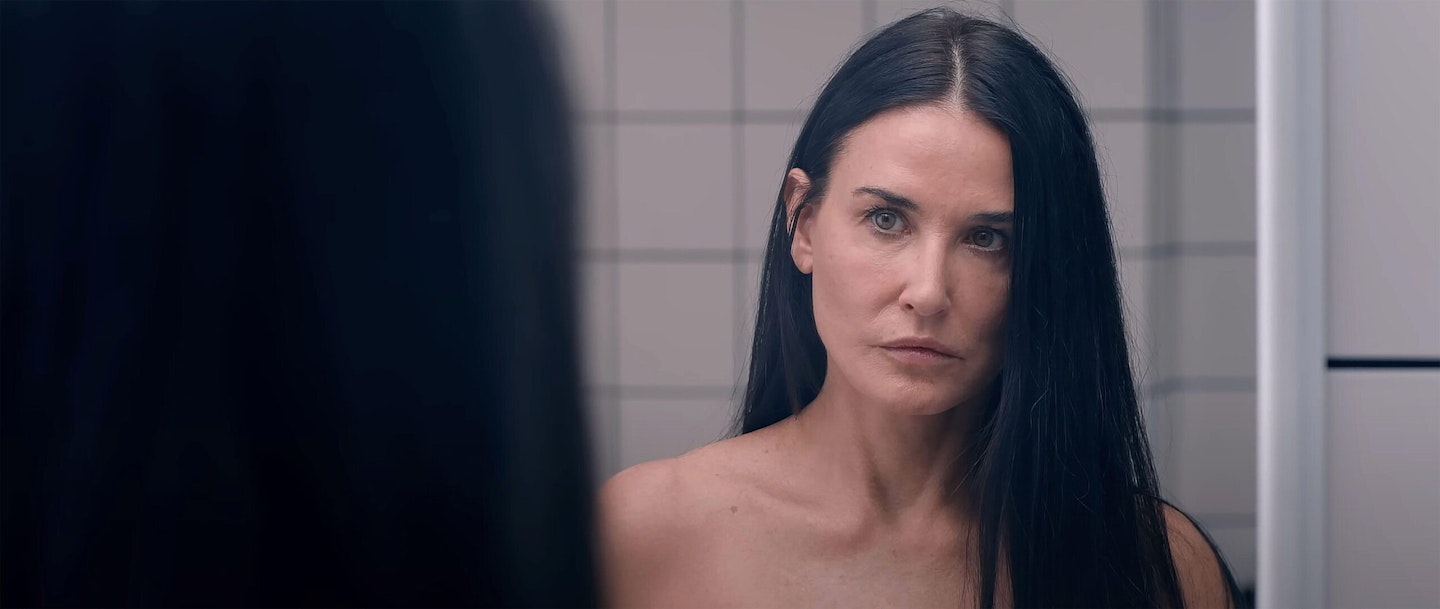Countless studies tell us how easy the beautiful have it, from being more confident to taking home bigger pay packets. However, according to a new viral video from dermatologist Dr Samantha Ellis, women who have won the genetic lottery are more likely to end up going gung-ho with the needles. As such they end up, she says, look- ing ‘weird when they used to be so freaking attractive’: a phenomenon she has dubbed the ‘pretty person problem’.
While none of us is immune to the tyranny of impossible beauty standards, according to Dr Ellis, it’s the women who have stopped traffic all their lives who are more vulnerable to a disproportionate reaction when they spot the first signs of ageing in their late thirties or early forties. ‘They’re just so used to being hot that when they start to see the slightest decrease of lip volume, or a hint of wrinkles, they feel like they need to go hard with every single cosmetic intervention. Yet these are the kinds of faces that don’t need restoration or volume replacement to begin with.’ The result is the overfilled, overly taut, ‘pillow’ faces that trolls are so eager to deride in comment boxes.
‘If you’ve been conventionally attractive for most of your life, how you look is embedded in your sense of identity and forms the basis of how you interact with the world. So it can feel very destabilising when you start to see that eroded,’ says psychotherapist Anna Mathur. ‘The culture of beauty and pressures that women face aren’t anything new, but what is newer is social media. Comparison really weakens our sense of self and the information we’re bombarded with online presents a huge challenge to maintaining a strong sense of identity, especially as we age.’

It’s a topic explored (with all the subtlety of a sledgehammer) in Demi Moore’s new body-horror flick, The Substance; a feminist commentary on toxic Hollywood beauty standards and our absurd fixation with youth (via the medium of blood splatter).
For us mere mortals, it may be difficult to empathise with the anxieties of the beautiful (one of the commentators on Ellis’s feed joked, ‘Finally, I knew being a solid five would pay off for me in the long run’). But perhaps we need to be a little more... sisterly. Mathur notes that the plethora of new aesthetic options can result in the artificial suspension of the mutual (and healthy) grief that women go through as part of the ageing process.
‘Life is a series of letting go, and if we aren’t allowing ourselves to process and grieve a shift in life stage, we can’t foster a sense of acceptance, which makes it harder to move forwards.’ She advises trying to loosen the white-knuckle grip on external self- esteem that many of us have – regardless of where we sit on the attractiveness scale – whether that be focusing on things that bring us joy or having regular digital detoxes. Oh, and maybe go easy on the injectables.
Cassie Steer is acting beauty director at Grazia with over 25 years of experience on women’s magazines.

